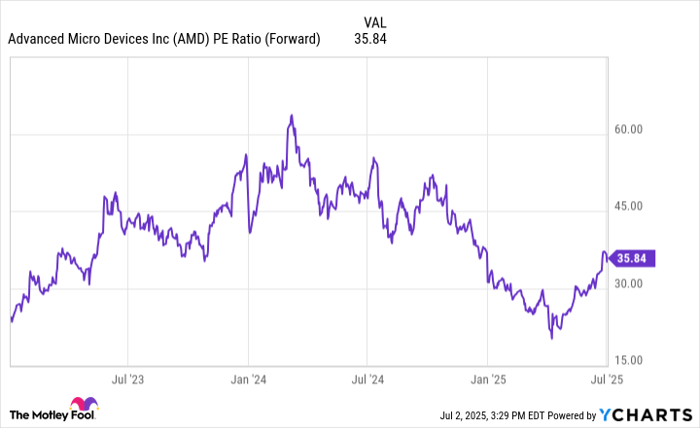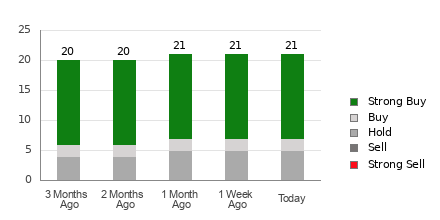Holders of Sirius XM (NASDAQ: SIRI) shares have been sorely disappointed over the years. Since the company’s initial public offering in September 1994, the shares have gained just 8% compared to the S&P 500‘s 969%.
That should make many investors cautious, particularly those who have lost money or badly lagged the market. A look backward can prove instructive in understanding a company’s present situation and the market’s assessment. But it’s important to take a forward-looking approach.

Image source: Getty Images.
Subscriber Woes
Sirius XM sells subscriptions for satellite radio services that carry various channels across music, sports, entertainment, talk, news, traffic, and weather. The service gets most of its revenue from subscriptions. This business accounts for more than three-quarters of Sirius XM’s revenue.
Last year was challenging for the company’s radio division. It lost 445,000 self-pay subscribers. And the division’s revenue fell 0.9% to $6.8 billion.
The company also owns Pandora, a personalized music and podcast streaming service that mostly generates revenue from advertising. This business struggled last year, too. Revenue edged up 0.7% to $2.1 billion. But paid subscribers fell 3% to 6 million, and monthly active users dropped from 47.6 million to 44.6 million.
Sirius XM’s 2023 total revenue fell 0.6% to less than $9 billion. Management also remains cautious about this year. It expects revenue to fall approximately 3% to less than $8.8 billion.
Battling for Attention
The company faces intense competition for listeners, and therefore, advertisers.
It competes with traditional radio stations, which don’t charge subscription fees. There’s also Apple and Spotify Technology that provide music, and well-entrenched industries such as cable television, streaming services such as Amazon and Netflix, and a host of other content providers such as Alphabet‘s YouTube.
While its radio services and podcasts have some unique content, there’s no shortage of competition facing Sirius XM. That gives consumers plenty of choices to tune in somewhere else and tune out Sirius XM’s products.
The Verdict
Sirius XM’s stock price increase, which was about 7% over the last year, may sound respectable. But it’s important to put this performance in context. In relation to the S&P 500’s nearly 23% gain, the shares didn’t measure up.
Turning to valuation, the stock has a price-to-earnings (P/E) ratio of about 16. That’s less than the S&P 500’s 27 P/E multiple.
But I wouldn’t get too excited. After all, there’s a reason the stock sells at a lower valuation than the overall market. While Sirius XM remains profitable, its 2023 diluted earnings per share under generally accepted accounting principles (GAAP) barely budged, inching up from $0.32 to $0.33.
Sirius XM faces numerous competitors, and revenue has been under pressure. With management’s cautious outlook, I’d sell the shares and look for stocks that have a better opportunity.
Should you invest $1,000 in Sirius XM right now?
Before you buy stock in Sirius XM, consider this:
The Motley Fool Stock Advisor analyst team just identified what they believe are the 10 best stocks for investors to buy now… and Sirius XM wasn’t one of them. The 10 stocks that made the cut could produce monster returns in the coming years.
Stock Advisor provides investors with an easy-to-follow blueprint for success, including guidance on building a portfolio, regular updates from analysts, and two new stock picks each month. The Stock Advisor service has more than tripled the return of S&P 500 since 2002*.
See the 10 stocks
*Stock Advisor returns as of February 12, 2024
John Mackey, former CEO of Whole Foods Market, an Amazon subsidiary, is a member of The Motley Fool’s board of directors. Suzanne Frey, an executive at Alphabet, is a member of The Motley Fool’s board of directors. Lawrence Rothman, CFA has no position in any of the stocks mentioned. The Motley Fool has positions in and recommends Alphabet, Amazon, Apple, Netflix, and Spotify Technology. The Motley Fool has a disclosure policy.
The views and opinions expressed herein are the views and opinions of the author and do not necessarily reflect those of Nasdaq, Inc.







